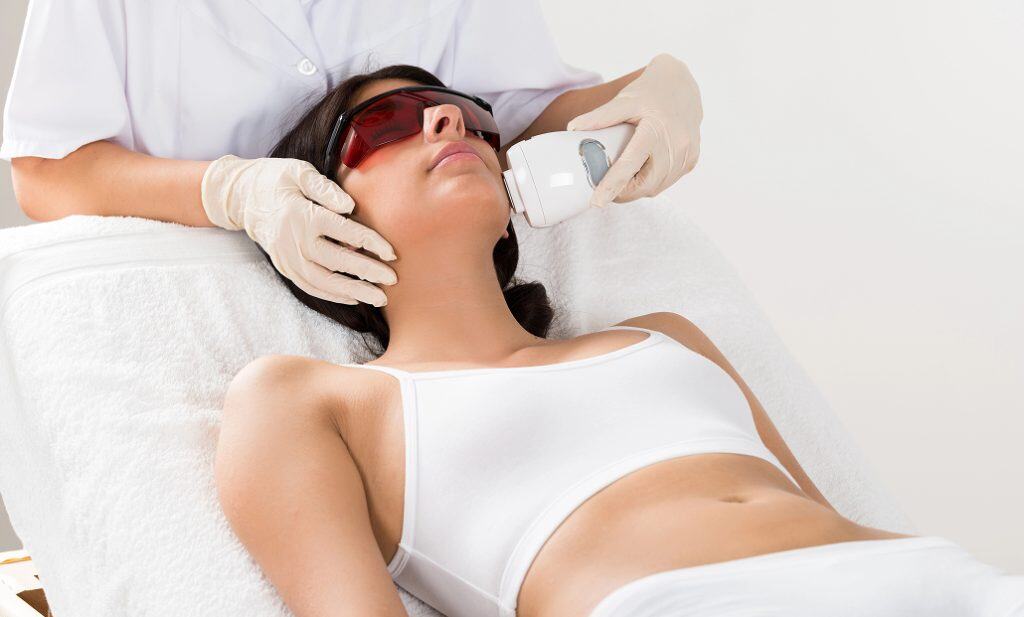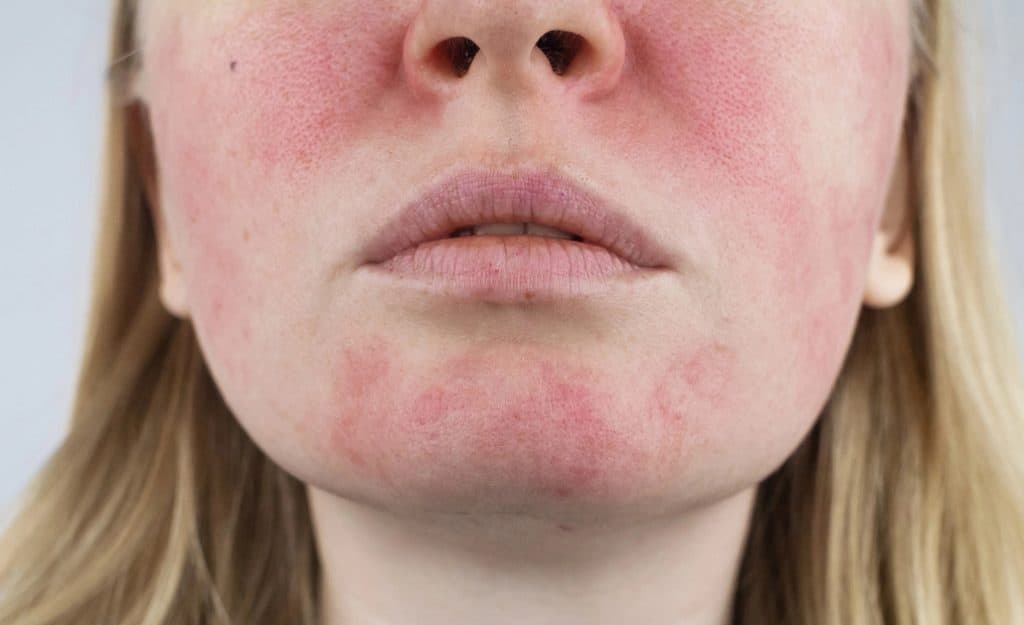Hormonal health is often treated as a medical puzzle solved with therapy alone, yet everyday lifestyle choices quietly dictate much of the balance our bodies achieve. Beyond obvious factors like diet or exercise, subtle patterns—sleep timing, stress rhythms, meal composition, and movement variety—can profoundly shift hormone levels over time. For adults navigating midlife, understanding these nuanced influences offers a proactive path to vitality, libido, mental clarity, and sustainable energy that few conventional discussions fully explore.
Understanding Hormones: The Body’s Master Regulators
Hormones are more than chemical messengers—they are the conductors of the body’s complex orchestra, influencing energy, mood, metabolism, and even how we respond to stress. While most discussions focus on estrogen, testosterone, or cortisol individually, few consider how their interplay shapes daily function. For example, small spikes in cortisol in the morning can prime energy, while subtle evening shifts in insulin or melatonin affect sleep quality and recovery. Thyroid and growth hormones quietly regulate muscle maintenance and fat distribution, often unnoticed until imbalance occurs. Recognizing these patterns helps adults over 35 take control of their biology, moving beyond generic “hormone fixes” toward nuanced lifestyle adjustments that respect the body’s natural rhythms and interconnected systems.
Diet and Hormones: The Connection Between Food and Balance
Food is not just fuel—it’s a signal that tells your body how to produce, release, and regulate hormones. Beyond calories or macronutrients, subtle choices in timing, quality, and nutrient density profoundly affect hormonal health:
- Prioritize anti-inflammatory foods: Leafy greens, berries, fatty fish, and turmeric can reduce chronic inflammation, helping insulin, cortisol, and estrogen stay balanced.
- Time meals strategically: Eating consistent meals and avoiding late-night snacking supports cortisol rhythms and stabilizes insulin responses.
- Incorporate phytoestrogens carefully: Foods like flaxseeds, soy, and chickpeas can gently modulate estrogen activity during perimenopause and menopause.
- Focus on micronutrient-rich foods: Magnesium, zinc, vitamin D, and B vitamins play crucial roles in testosterone, thyroid, and adrenal hormone production.
- Limit refined sugar and alcohol: Even moderate overconsumption can spike insulin, raise cortisol, and disrupt sex hormone balance.
- Support gut-hormone interaction: Fermented foods, prebiotics, and fiber influence estrogen metabolism and overall endocrine communication.
- Hydration matters: Water intake affects blood volume, nutrient transport, and the enzymatic processes that help hormones function optimally.
Exercise and Hormones: Moving Beyond Fitness to Endocrine Health
Exercise influences hormones far beyond weight management, affecting testosterone, estrogen, growth hormone, and cortisol in ways many people rarely consider:
Strength training for midlife hormone support: Resistance exercises stimulate testosterone and growth hormone, preserve lean muscle, and improve insulin sensitivity, even in adults over 40.
HIIT vs steady-state cardio: High-intensity intervals can spike growth hormone temporarily, while moderate cardio supports cortisol regulation and cardiovascular health without overtaxing the adrenal system.
Movement variety matters: Incorporating flexibility, balance, and mobility work supports joint health and modulates stress hormones by reducing chronic tension signals.
- Timing affects hormonal response: Morning workouts may optimize cortisol peaks, whereas evening sessions can enhance insulin sensitivity and support post-meal glucose management.
Recovery is part of the equation: Overtraining elevates cortisol and disrupts testosterone and estrogen balance, highlighting that rest, sleep, and active recovery are integral to endocrine health.
- Mind-body integration: Practices like yoga, Pilates, or qigong combine movement and stress modulation, helping maintain adrenal balance and supporting overall hormonal resilience.
Stress and Hormones: Cortisol as the Silent Disruptor
Chronic stress is often underestimated as a hormonal disruptor. Beyond momentary tension, it reshapes cortisol patterns, influencing insulin, sex hormones, and even thyroid function:
Morning cortisol spikes vs. chronic elevation: While short-term cortisol primes energy and focus, persistent high levels can suppress testosterone, dysregulate estrogen, and impair sleep quality.
Impact on insulin and fat storage: Stress-driven cortisol can promote abdominal fat accumulation and insulin resistance, subtly altering hormone balance over months and years.
Mindfulness techniques to lower cortisol: Practices like breathwork, meditation, and qigong reduce stress signals, improving both adrenal and sex hormone regulation.
- Sleep and stress interplay: Poor sleep amplifies cortisol release, disrupts growth hormone production, and impacts thyroid and reproductive hormones.
Lifestyle adjustments: Digital detoxes, intentional breaks, and exposure to nature help reset stress responses, allowing the endocrine system to recover.
- Individual sensitivity matters: People over 35 often have more pronounced hormonal shifts in response to stress, making personalized stress management critical for long-term balance.
Sleep, Recovery, and Hormonal Resilience
Sleep is one of the most underestimated factors in hormonal health, influencing cortisol, insulin, growth hormone, and sex hormones. Beyond simply getting enough hours, the timing, quality, and consistency of sleep shape the body’s endocrine patterns. Deep sleep promotes tissue repair, supports muscle maintenance, and stabilizes blood sugar, while fragmented rest can elevate cortisol and disrupt testosterone and estrogen balance. Recovery practices, including short naps, active rest, and gentle stretching, amplify these benefits. Even small habits—like limiting late-night screen exposure, maintaining a cool sleep environment, and aligning with natural circadian rhythms—can significantly strengthen hormonal resilience, helping adults over 35 preserve energy, vitality, and long-term wellness.
Putting It All Together: Lifestyle Changes for Lasting Hormonal Health
Hormonal balance is less about quick fixes and more about creating interconnected habits that support the body’s natural rhythms. Thoughtful meal timing, nutrient-rich foods, and moderation in sugar and alcohol stabilize insulin, estrogen, and testosterone levels. Combining resistance training, mobility exercises, and mindful movement optimizes growth hormone and cortisol regulation. Prioritizing restorative sleep, hydration, and gut-supportive foods strengthens recovery and circadian hormone patterns. Integrating stress-reduction techniques, including breathwork, meditation, or short mindful pauses throughout the day, prevents chronic cortisol elevation. When these practices are layered consistently, they form a self-reinforcing system that enhances energy, libido, mental clarity, and long-term endocrine resilience, offering a practical roadmap for lasting hormonal health.
Conclusion
Hormonal health is shaped by the subtle, everyday choices we make around diet, movement, stress, and recovery. Understanding how these lifestyle factors interact with the body’s endocrine system allows adults over 35 to proactively support energy, vitality, mood, and long-term wellness. By prioritizing nutrient-dense foods, thoughtful exercise, restorative sleep, and mindful stress management, it’s possible to create a sustainable foundation for hormonal balance. If you’re ready to take the next step in optimizing your health and vitality, visit LifeGaines Medical and Aesthetics Center or call (561) 931-2430 to schedule an appointment with our expert team.

Dr. Richard Gaines is the Chief Medical Officer of LifeGaines Med Spa in Boca Raton. He attended the Boston University School of Medicine, completed an internship at the Tufts University of Medicine, and his residency at the Harvard School of Medicine. Today, Dr. Richard Gaines is at the forefront of the rapidly evolving sexual health paradigm. He continues to innovate with new anti-aging treatments to enhance and extend the lives of his patients. His effective forms of regenerative medicine, hormone therapy, and wellness treatments are designed to help people of all ages improve their energy, drive, sexual health, and overall wellness goals.


